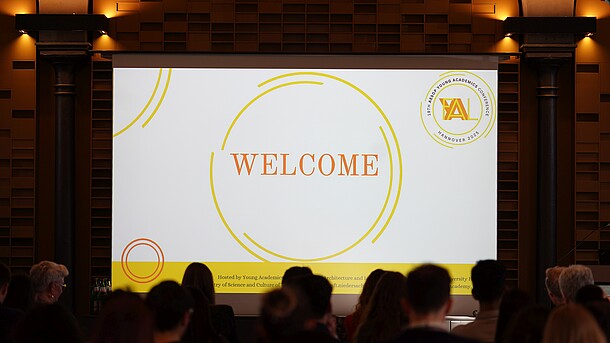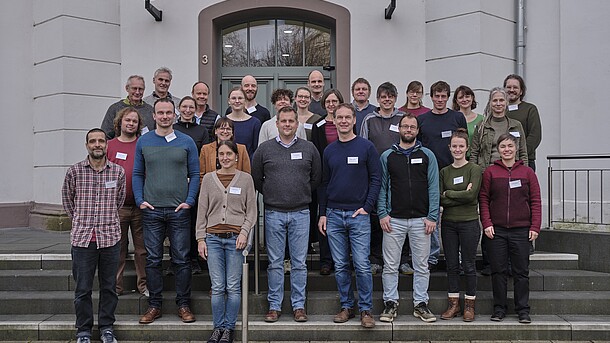| Management: | Prof. Dr. Frank Othengrafen |
| Processing: | Prof. Dr. Frank Othengrafen, M.Sc. Lena Greinke, Dr. Meike Levin-Keitel, M.Sc. Filip Śnieg |
| Duration: | January 2017 - December 2019 |
| Funding through: | Deutscher Akademischer Austauschdienst (DAAD) |
Short description:
The development of "crisis-proof" or resilient cities is a key factor for sustainable development. Cities should be able to fulfil their social and economic tasks in the long term when crisis situations occur (natural catastrophes such as floods or climate-related heat/drought periods as well as extreme social situations such as financial crises or refugee problems). In many cities, however, not least against the background of the financial shortage of public budgets, the question arises as to which measures and in what form crisis resistance can be increased and successful strategies of sustainable urban development initiated. In addition, precautionary measures mean long-term investments that compete with current problems and limited funds and are therefore often not implemented. Here, opportunities for the development of resilient or crisis-resistant cities often remain untapped, with the risk that comparable measures will become much more time-consuming and costly at a later date. This is where the project comes in. Through joint teaching and research activities, the aim is (1) to understand the challenges for sustainable and resilient urban development in German and Greek cities, (2) to analyse the planning control options and instruments, and (3) to develop corresponding strategies and measures for implementation and to examine these with regard to transferability to other contexts.
Therefore, within the framework of the university partnership between the Leibniz University of Hannover - LUH (Faculty of Architecture and Landscape) and the National Technical University of Athens - NTUA (Faculty of Architecture), the following questions are the focus of the exchange:
- What challenges do cities face in terms of dealing with natural disasters and events?
- What challenges do cities face with regard to economic, social and demographic changes and the financial crisis?
- What characterises a crisis-resistant/resilient city?
- How can administration, civil society and the economy jointly contribute to establishing and implementing urban crisis resilience?
Within the framework of the DAAD university partnership between LUH and NTUA, various mutually complementary measures and formats are carried out in which various target groups are involved in different constellations (Bachelor's and Master's students, doctoral students, post-doctoral students and professors) in order to promote the exchange of science and practice in the field of sustainable urban development strategies. The formats include research stays, summer schools, excursions and practical workshops.





